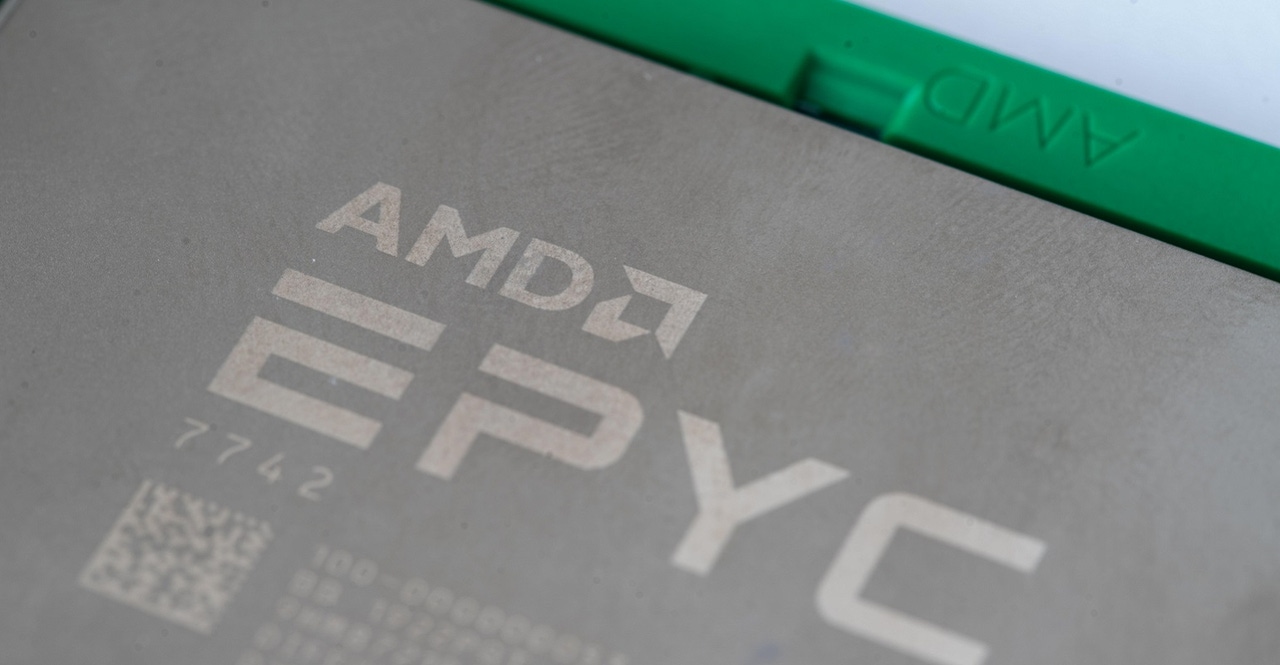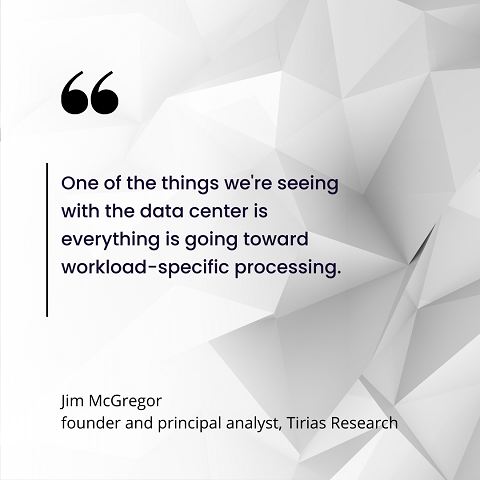AMD Rolls Out New Data Center Chip for Edge and TelcoAMD Rolls Out New Data Center Chip for Edge and Telco
"Siena" is an energy-efficient processor built for space- and power-constrained environments, AMD execs say.

AMD today released a new server processor designed for companies with edge computing needs, such as cloud and telecommunications providers and enterprises with branch locations, such as retail stores and manufacturing plants.
The new AMD EPYC 8004 series processor, which was originally code-named "Siena," is an energy-efficient x86 chip built for edge server deployments that are often in smaller and power-constrained spaces, AMD executives said.
Everything from AI, cloud services, and streaming video to on-premises applications, such as IoT sensors in factory floors, is driving the need to bring computing power and storage closer to users, resulting in increased adoption of smaller data centers at the edge, AMD said.
"We're delivering an outstanding product to our customers that can really meet the use cases they have and deliver what they want, which is performance at the lowest possible power and ultimately at the most efficiency," said Mark Bode, AMD's senior director of server product management, during a media briefing.
The availability of Siena completes AMD's family of four fourth-generation EPYC processors. Last November, the chipmaker released "Genoa," a general-purpose processor for cloud, high-performance computing, and mainstream enterprise needs. That was followed by this summer's release of AMD's "Bergamo" chip for the cloud and the "Genoa-X" processor for technical compute workloads.

McGregor-Tirias
AMD's announcement today of Siena's availability comes one day before Intel holds its Intel Innovation 2023 conference, where Intel CEO Pat Gelsinger is scheduled to speak and discuss Intel's latest technologies.
Last month, Intel further outlined its Intel Xeon server processor roadmap. Its forthcoming "Sierra Forest" processors will be energy-efficient and targeted at cloud workloads, while its "Granite Rapids" processors will be designed with performance in mind to support demanding workloads like AI.
"One of the things we're seeing with the data center is everything is going toward workload-specific processing," said Jim McGregor, founder and principal analyst at Tirias Research. "As we're seeing with both Intel and AMD, they're leveraging their packaging technology and different core technologies to come up with different combinations of processors that are optimized for specific types of workloads."
More on AMD's Siena Chips and Server Vendor Support
The AMD EPYC 8004 series single-socket processor, otherwise known as Siena, comes in 12 models, ranging from eight to 64 cores. It is built with a Zen 4c architecture, which is a smaller core than the Zen 4 architecture used to build Genoa, said Lynn Comp, vice president of AMD's server business unit, in the media briefing.
Siena consumes less power, with a thermal design power (TDP) of 70 to 225 watts compared with Genoa's 200 to 400 watts. Siena, with its more efficient Zen 4c core and new SP6 socket, streamlines memory and I/O features, resulting in up to two times better performance per system watt when compared with an Intel Xeon Platinum 8490H or Xeon Platinum 8471N processor, AMD claims.
"The punch line of all of this is that Siena delivers the best [performance] per-dollar, per-watt, which means overall reduced OpEx over time for our end customers," Bode said.
Dell, Lenovo, and Supermicro today announced new edge servers powered by Siena. Dell's new PowerEdge C6615 server is built for data center workloads, including database, e-commerce, and software-as-a-service (SaaS) solutions. Lenovo's new ThinkEdge SE455 v3 is designed for analytics and AI workloads at the edge, while Supermicro's WIO Servers running on Siena are aimed for diverse workloads in edge and telco data centers, the company said.
About the Author
You May Also Like









